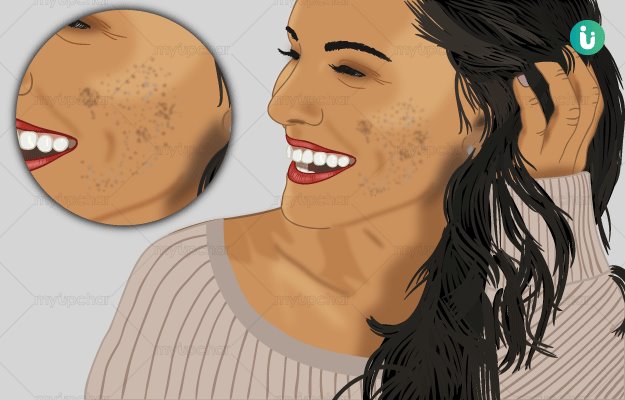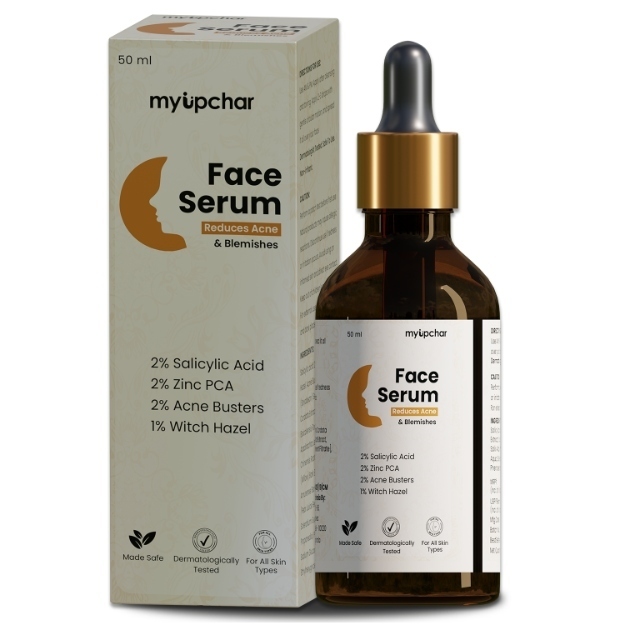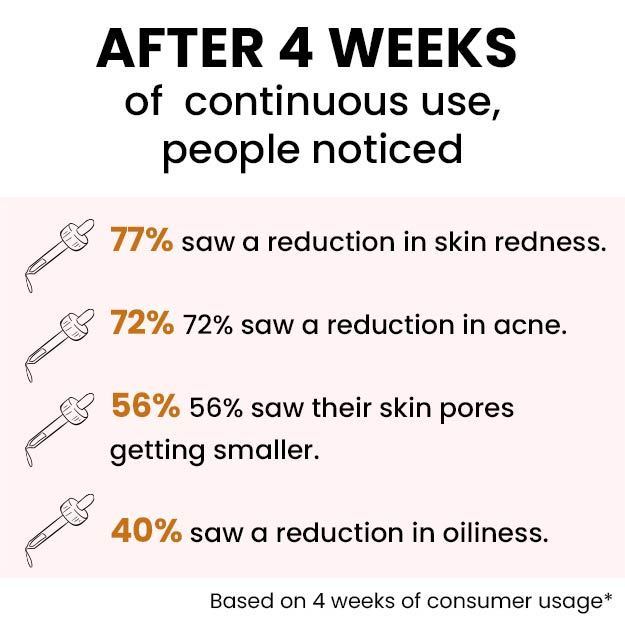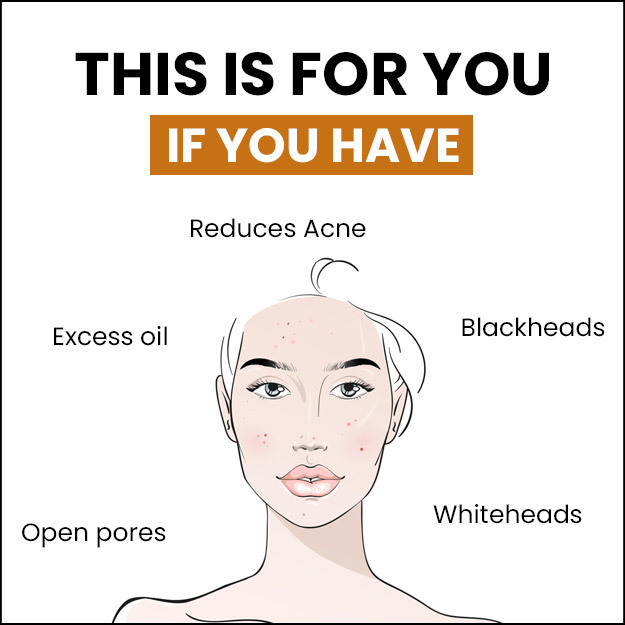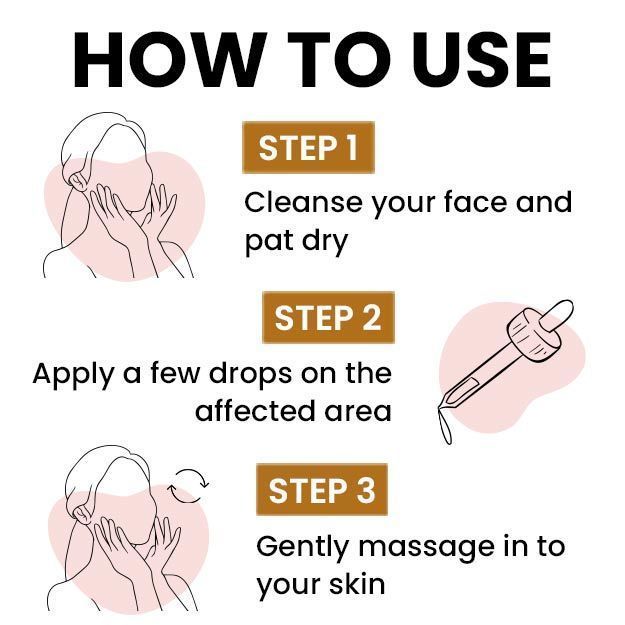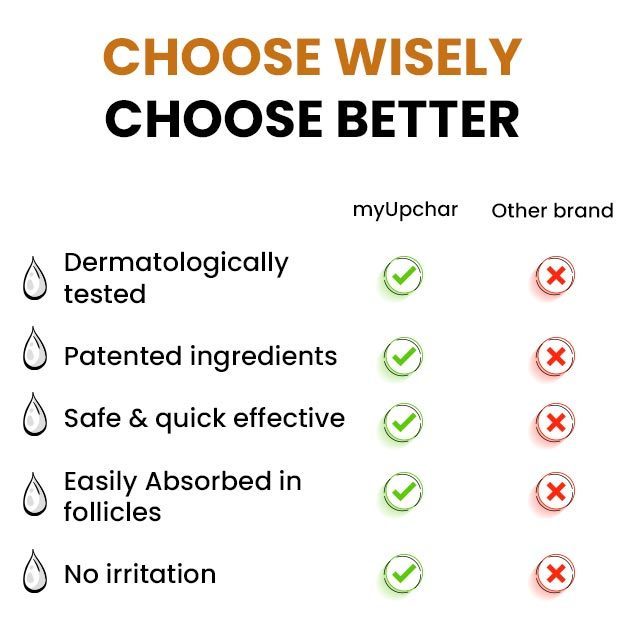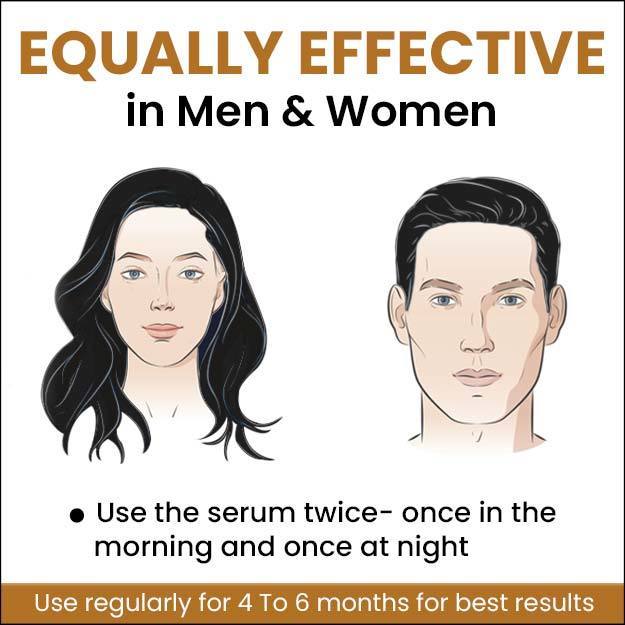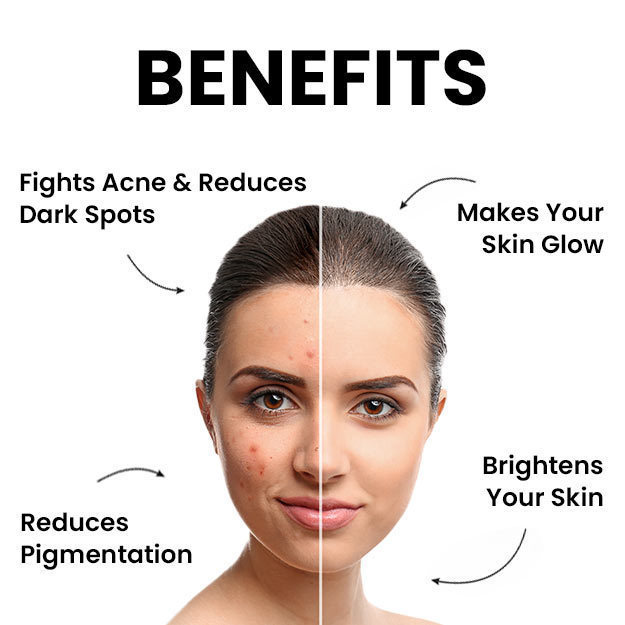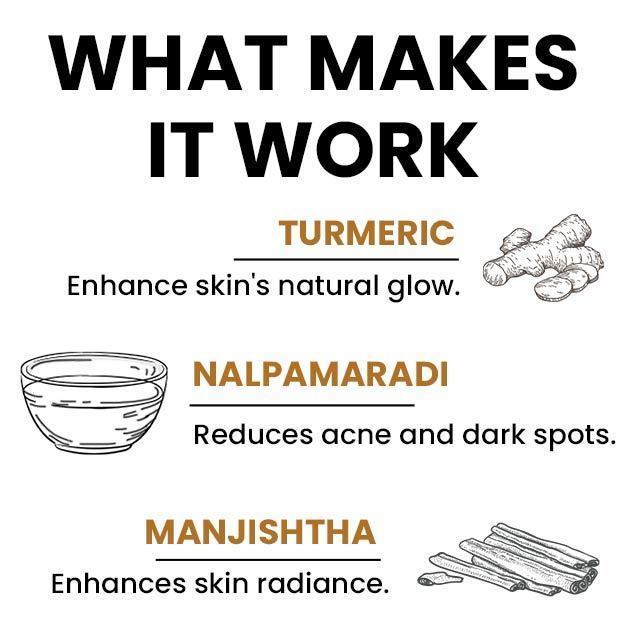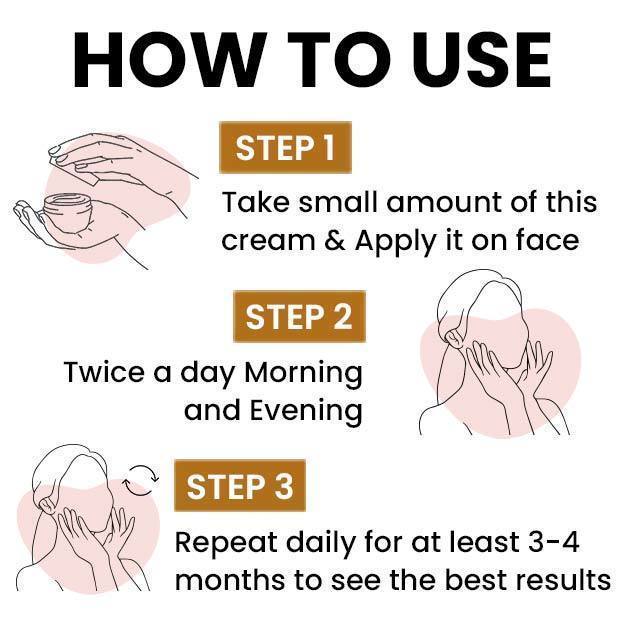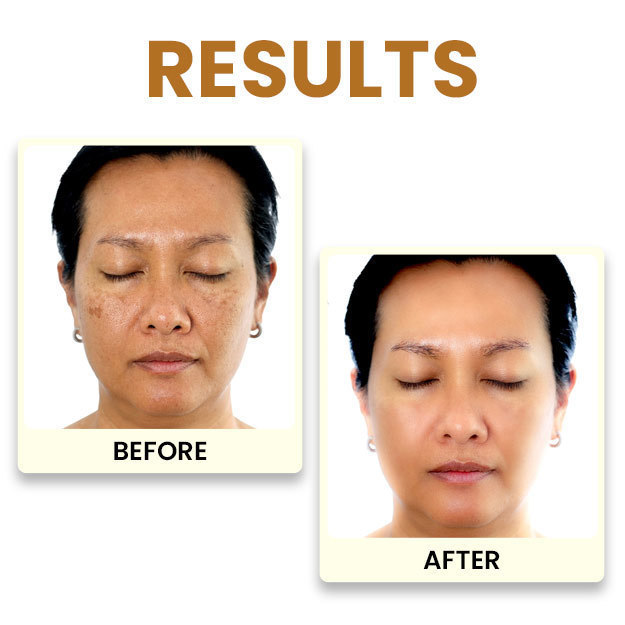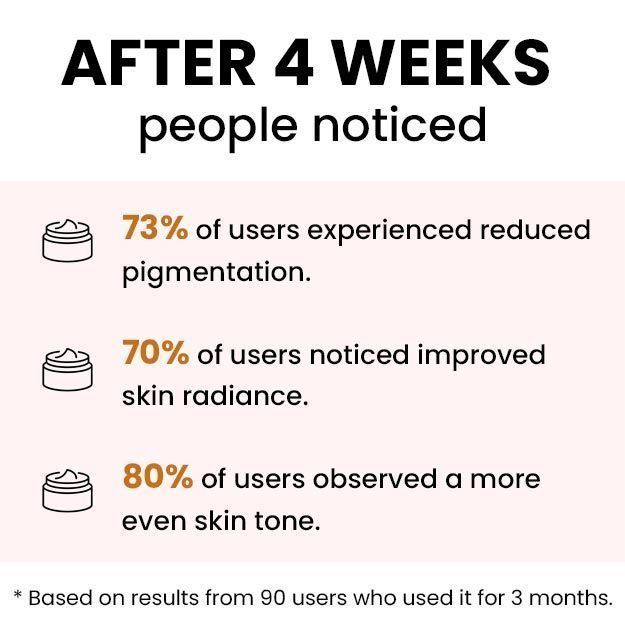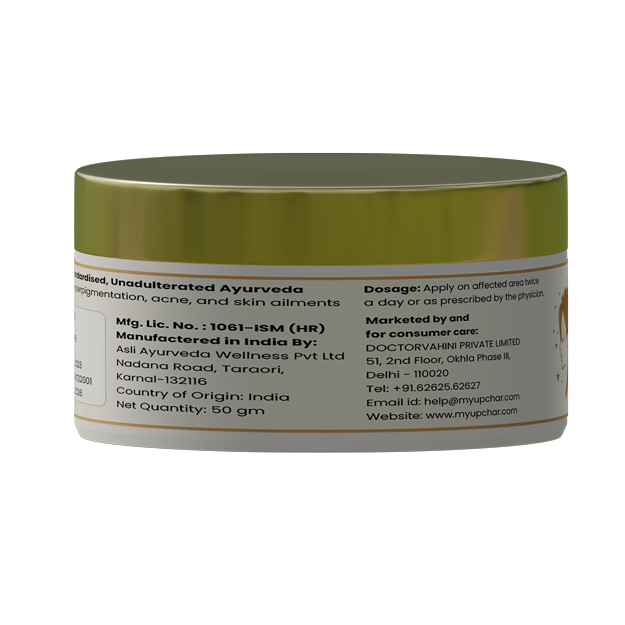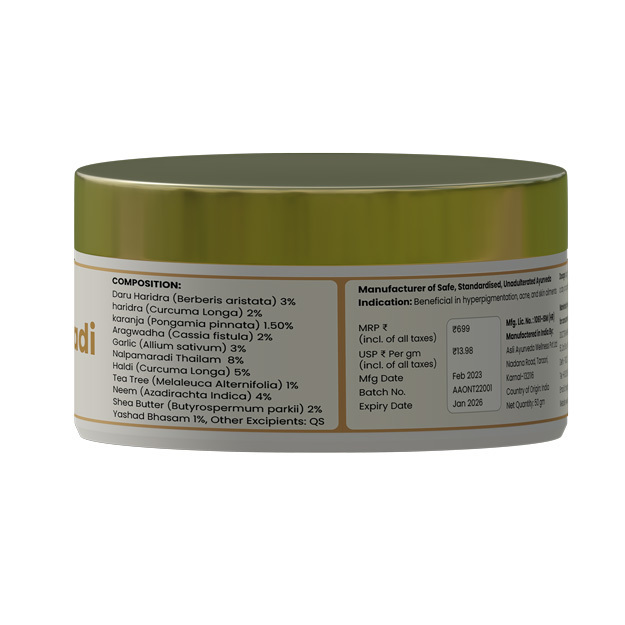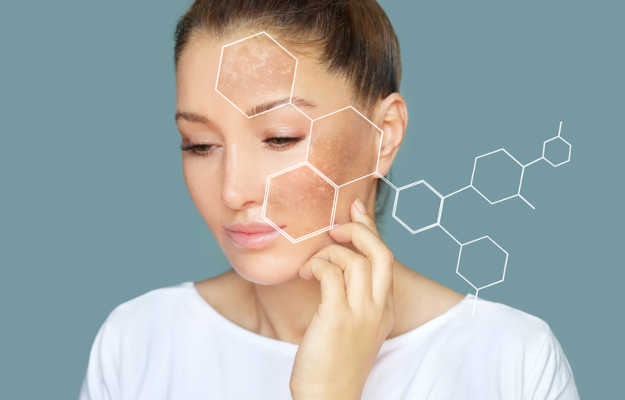You may have noticed some dark patches, freckles and other marks or moles on your skin that do not look normal to you. You might even worry about why these skin issues are emerging and if they can affect your health in the long run. While each of these problems may have a different cause, diagnosis and treatment, they are collectively known as skin pigmentation.
Skin pigmentation or pigmentation disorders affect the colour of your skin. The skin has cells called melanocytes that produce a pigment called melanin. This melanin provides your skin with its natural complexion. If your body makes too much melanin then your skin becomes darker, and if your body makes very little melanin then your complexion is likely to be lighter.
(Read more: Melanin deficiency)
When the skin cells become damaged or unhealthy, it affects the production of melanin and this leads to pigmentation disorders. Pigmentation may affect only a patch of your skin or the entire body, depending on the underlying cause. Not all skin pigmentation is something to worry about. Pregnancy and sun exposure for long hours can cause pigmentation that usually disappears with treatment or as soon as the underlying problem goes away.
(Read more: Melasma during pregnancy)
However, in other cases, pigmentation may be more difficult to tackle. For example, albinism is a genetic condition in which your skin is likely to have no or very little colour. People with vitiligo may also face health problems due to their skin pigmentation disorder. Similarly, while most birthmarks (abnormal skin colourations present at or presenting soon after birth) are considered to be non-threatening, some other types can pose severe health risks. Infections, blisters and burns can also cause skin pigmentation.

